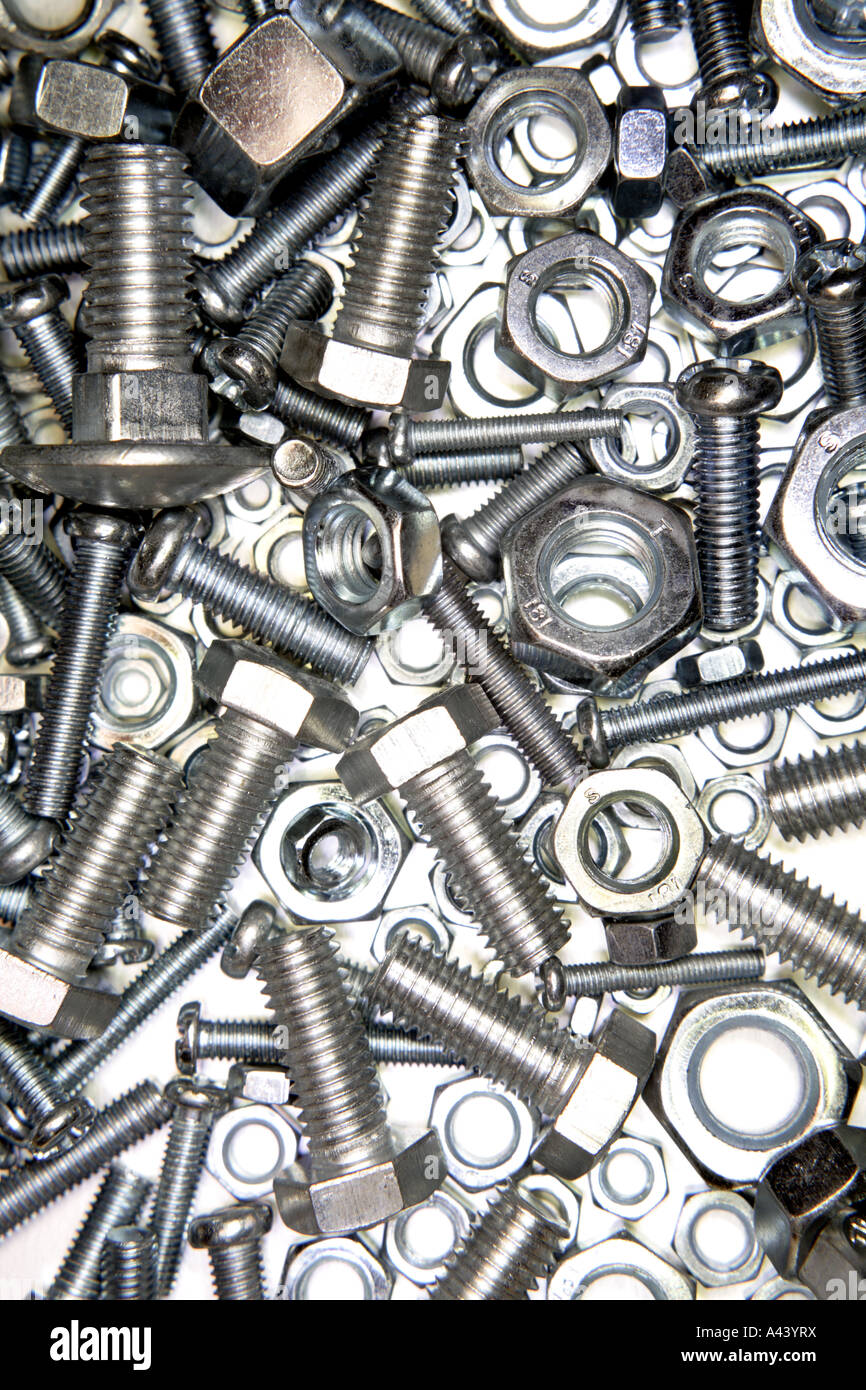10 Unique Applications for Nuts and Bolts You Never Realize

Bolts and bolts are often seen as basic tools used primarily in building and maintenance, but their capabilities goes far beyond just fastening. In fact, with a bit of imagination, these common mechanical tools can be transformed into innovative approaches for a wide range of DIY projects and crafts. Whether you are a experienced handyman or just beginning, understanding the many types and functions of nuts and nuts can greatly expand your skills and inspire new ideas.
In this article, we'll explore 10 surprising ways to use nuts and nuts that you may never have thought of. From unique home decor to ingenious storage options, the possibilities are truly limitless. We will also touch on the different types of bolts and nuts available, including their substances and applications, and provide guidance into choosing the right hardware for your particular project needs. Get ready to dive into the creative world of bolts and bolts and discover how these basic fasteners can enhance your DIY projects.
Understanding Bolts and Bolts
Fasteners are crucial components in different fabrication and fixing activities, serving to bind items together firmly. A bolt is a extended cylindrical rod with a cap at one end and a grooved end, while a connector is a six-sided or quadrilateral object that fits over the grooved end of the fastener. The relationship between these two elements allows for tremendous strength and durability in put-together builds, establishing them crucial in both industrial construction and everyday applications.
Nuts come in multiple styles, including traditional nuts, lock nuts, and flange nuts, each tailored for certain uses. For instance, lock nuts avoid loosening under movement, while flange nuts provide a wider bearing surface to distribute the load more evenly. On the other hand, bolts also come in different variations such as hex bolts, carriage bolts, and lag bolts, each suited for specific materials and jobs. Understanding the particular qualities of these pieces is vital for selecting the suitable components for your needs.
When working on any endeavor, choosing the right nut and screw pairing is crucial for securing reliability and protection. Wholesale Bolts and Nuts as the material of the workpieces, the pressure they will hold, and exposure to surrounding factors must be factored in. By capturing find out this here of nuts, bolts, and their specific kinds, you can make informed decisions that improve the success of your DIY tasks or career pursuits.
Types and Applications
When considering nuts and bolts, understanding the different types and their specific applications is important for picking the suitable fastener for your task. Common bolt types include hex bolts, carriage bolts, and lag screws. Hexagonal bolts are versatile and typically used in construction projects due to their strength and ability to withstand high loads. Carriage bolts, characterized by their rounded heads, are frequently used in wood-to-wood applications, such as the assembly of furniture, while lag screws provide excellent holding strength for heavy timber structures.
Nuts also come in different styles, each with unique functions. Regular nuts are commonly utilized with bolts, whereas lock nuts use a distinct design to prevent loosening due to shaking, making them suitable for automotive and machinery applications. Flange nuts have a integrated washer for improved load distribution, which is particularly useful in securing parts that face elevated stress. Understanding these distinctions ensures a more efficient assembly in everything from DIY projects to professional constructions.
Besides building and assembling, nuts and bolts play important roles in specialty applications. For example, anchoring bolts are essential in fixing structures to concrete, making them a staple in foundation construction. Tamper-resistant and specialty fasteners are increasingly used in security applications, providing additional safety measures in areas like infrastructure projects and high-risk settings. By understanding the particular applications of various nuts and bolts, you can guarantee your undertakings are not only effective but secure and durable.
Purchasing and Evaluating Fasteners

Regarding acquiring nuts and bolts, grasping what you need is essential. Initially, ascertain the specific purpose you have in mind. Whether you are engaged on a DIY task at home or a professional construction job, identifying the required strength and material kind is essential. Consider factors such as whether you need anti-corrosive properties, as this can affect your choice between SS, zinc-coated, or galvanic options.
Measuring fasteners correctly is a vital step in ensuring fit. Start by measuring the diameter of the bolt or nut, using either a caliper or a measuring tape. It’s also important to consider the thread pitch, which is the distance between the threads. For metric measurements, this is measured in millimeters, whereas imperial fasteners are measured in threads per inch. Comprehending these specifications will help you find the right fastener that fits securely in your project.
In conclusion, be aware that the finish and grade of the fasteners are just as significant as their size. Various projects may require different grades of bolts to match strength specifications, especially in heavy-duty applications. Don’t neglect quality; selecting well-made fasteners can save you time and effort in the long run. Always check a buying guide to determine the right choices based on your preferences and local availability.
